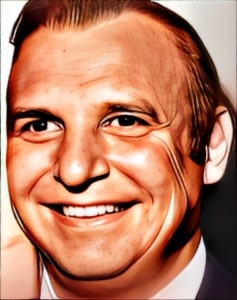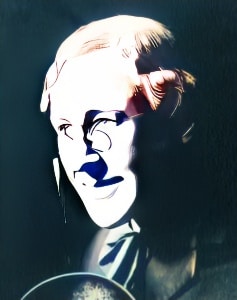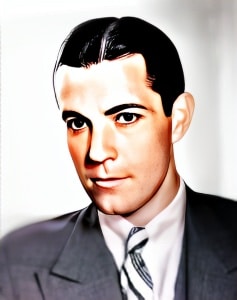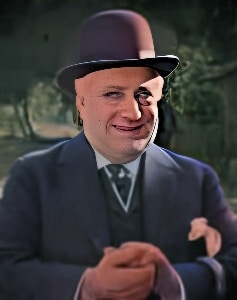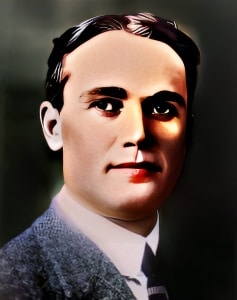 James W. Morrison, born on November 15, 1888, in Mattoon, Illinois, left an indelible mark on the early years of American cinema.
James W. Morrison, born on November 15, 1888, in Mattoon, Illinois, left an indelible mark on the early years of American cinema.
His career, which spanned from 1911 to 1927, saw him evolve from a budding actor to a respected figure both on and off the screen. Beyond his cinematic contributions, Morrison ventured into the realm of literature, leaving a lasting legacy as an actor and author.
Born in the heart of Illinois, Morrison’s journey into the world of entertainment took shape at the University of Chicago and later at the American Academy of Dramatic Arts in New York City. These formative years laid the groundwork for a career that would see him become one of the primary actors at Vitagraph Studios from 1911 to 1916.
Vitagraph Studios recognized Morrison’s talent early on, hiring him for a weekly salary of $25. His debut came in February 1911 with a 30-minute film adaptation of Charles Dickens’ “ A Tale of Two Cities.” In this production, Morrison took on the role of the Peasant brother, showcasing his ability to bring characters to life on the silent screen.
The year 1916 marked a significant shift in Morrison’s career when he signed a contract with Ivan Abramson’s Ivan Film Productions. This collaboration resulted in seven melodramas released between 1916 and 1918, with “The Sex Lure” (1916) being the first of these ventures. Among these films, “Enlighten Thy Daughter” (1917) emerged as the most popular, cementing Morrison’s versatility as an actor.
In 1918, Morrison returned to Vitagraph for “Over the Top,” a film that held a special place in his heart as one of his favorites. This period marked the peak of Morrison’s acting career, as he continued to play diverse roles into the 1920s, with his final on-screen appearance in 1926.
As the film industry underwent changes and the silent era gave way to the advent of sound, Morrison transitioned into a new chapter of his life. Beyond the screen, he found success as an author, publishing two novels: “Road End” in 1927 and “April Luck” in 1932. These literary pursuits showcased Morrison’s storytelling prowess beyond the visual medium.
In addition to his work in film and literature, Morrison dedicated a significant portion of his life to education. He shared his knowledge and passion for speech and drama by teaching classes at the Packer Collegiate Institute in Brooklyn for many years. His impact extended beyond the screen and the page, influencing the next generation of performers and storytellers.
James W. Morrison’s journey came full circle when he passed away in New York, New York, on November 15, 1974. Remarkably, he departed this world on his 86th birthday, a fitting symmetry for a man whose life had been intertwined with the arts. His legacy endures not only through the films that captured the essence of a bygone era but also through the words he penned and the lessons he imparted to aspiring talents. In celebrating Morrison’s life, we recognize a figure whose contributions to both cinema and education enriched the cultural tapestry of his time.
Loading live eBay listings...

